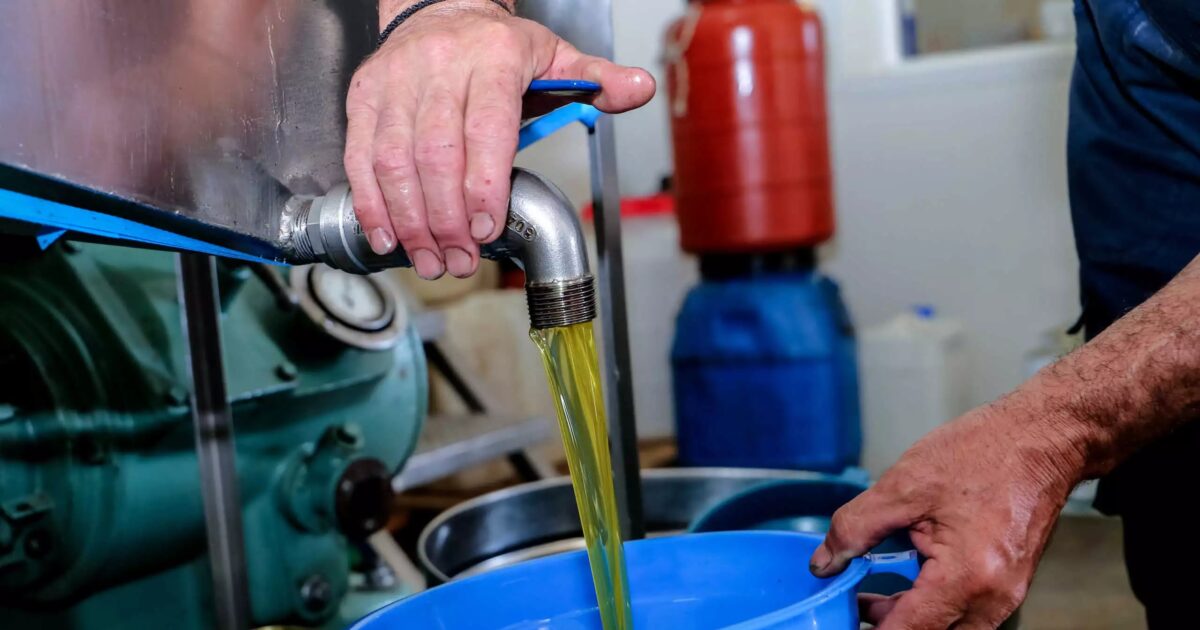In immediate danger, exports of Greek are raised olive oil In the US, after Washington’s decision to impose young people from August 1st duties 30% on imports from the European Union (EU).
Donald Trump’s announcements on EU imports, if there is no more favorable agreement between the two parties, affects one of the most basic and dynamic export products of the Greek agri -food industry, as olive oil and edible olives, with total exports of 700 million exports. area of the country.
Indeed, the US is the third most important export market for the Greek product, with a steady growing trend over the last decade.
According to SEVE and export cooperatives, the US absorbs about 15–20% of the exports of standard Greek olive oil, either directly or through re -exports after re -agreed from third countries, mainly in Italy. In the last five years, many Greek companies have invested in direct placement of branded, certified products in retail chains, delicatessen and distribution networks in the US.
The imposition of new duties immediately threatens this momentum as with an additional 30% on the final price, the Greek product is becoming non -competitive compared to third -country nationals, such as Tunisia, Morocco or Turkey.
Industry analysts have repeatedly pointed out that the cost increase may lead to a reduction in orders by 30% to 50% in the second half of 2025, while smaller businesses with no organized network or the ability to absorb additional costs are at risk of losing their position on the market.
The “bet” for Greek producers and exporters is the attempt to exclude olive oil from the regime of additional duties and therefore pressures on the Greek Ministry of Rural Development and the Commission.
On the EU side there are discussions about possible countermeasures and times are limited as new measures are activated in less than three weeks.
Risk of overthrowing the dynamics of recent years
2024 was a good year for the olive oil industry, with an increase in exports, price stabilization and a favorable picture of high -value markets. In 2025 he was expected to continue this course, but Washington’s decision overturns the data.
In addition to the possible loss of revenue and market share, there is also a problem management problem, as companies had organized production and orders based on existing contracts that are now in question.
Greek olive oil is in danger of losing a significant part of its presence in the US because of new duties. The situation is negative, as the market had shown positive signs and several businesses had invested in further penetration.
